Tea brews up myriad health benefits
Updated: 2016-07-16 16:24
(China Daily)
|
||||||||
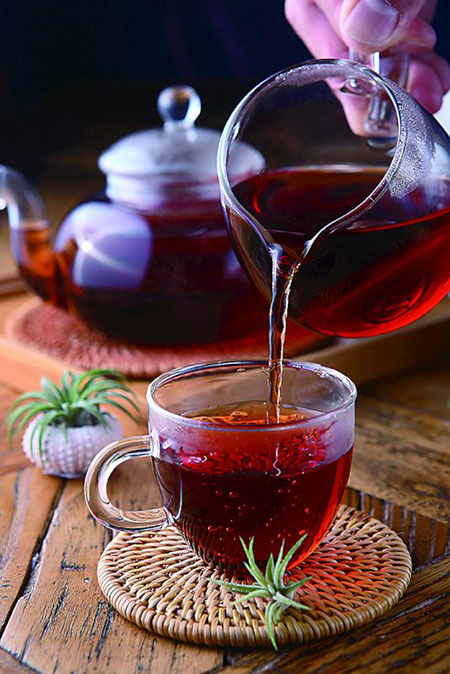 |
|
[Photo provided to China Daily] |
The author is a lifestyle editor with China Daily.
For 10 years I worked as a food reporter for China Daily. During that time, I received many compliments from people for not gaining weight, despite my frequent restaurant visits. I believe that this is partly due to tea, which has helped my digestion and prevented high blood sugar.
When tea was first consumed several thousand years ago, it was used as a medicine and was only consumed as a drink after the Tang and Song dynasties (618-1279).
Shennong, the mythical Chinese ancestor who is thought to have taught the ancient Chinese people about agricultural practices and the use of herbal medicines, including tea. He tasted hundreds of grasses to find the proper grains, but became frequently ill due to ingesting toxins. It was said he found tea leaves were good for detoxification.
Lu Yu (733-804), China's "tea saint" from the Tang Dynasty (618-907), wrote in his monograph The Classic of Tea that tea not only quenches the thirst and dispels heat, but also lifts the spirits, relieves headaches, dry eyes and discomfort in the limbs and joints. It is best suited for people who are "frugal and make vigorous progress (at self-cultivation)".
Plenty of modern studies and research have been conducted to examine the chemical constitution and health functions of tea. The main chemical elements in fresh tea leaves, apart from around 75 percent of water, include tea polyphenols, such as EGCG (epigallocatechin gallate), organic acids, vitamins (especially vitamin C in green tea), alkaloids (such as theine) and amino acids.
Tea polyphenols can eradicate free radicals. They have anti-aging, anti-radiation, anticarcinogenic and anti-bacterial properties. Tea alkaloids can excite the brain and heart, and theine can help with digestion.
In green tea extracts, researchers have found four aspects of biochemical properties - antioxidant, anticarcinogenic, anti-inflammatory and anti-radiation.
Despite their many health benefits, different teas have different degrees of benefit. According to Chen Ke, a Traditional Chinese Medicine qualified tea expert based in Beijing, every tea has a medicinal function, but some teas are more effective because they are stronger, with the three strongest being - pu'er large-leaf tea, Fenghuang Dancong and northern Fujian's heavily fried oolong "rock tea".
- 8-year-old boy gains 11kg to save father
- China rebuts claim it sank Vietnamese fishing boat
- China on high alert as floods kill 237
- What I want is a healthy grandson, so I will try anything I can
- China calls on US, Japan to stop twisting the facts
- Girl suffers sibling rivalry disorder after younger brother's birth

 Ten photos from around China: July 8-14
Ten photos from around China: July 8-14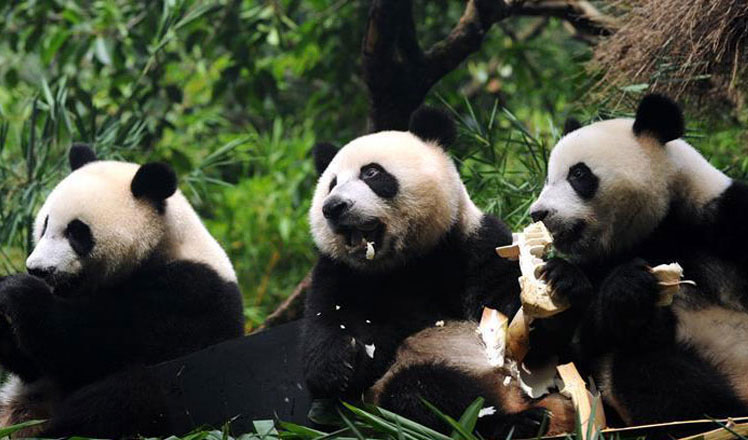
 The only surviving panda triplets weaned from milk
The only surviving panda triplets weaned from milk
 First sea-air emergency drill held near Sansha
First sea-air emergency drill held near Sansha
 Truck attack in Nice as France marks national day
Truck attack in Nice as France marks national day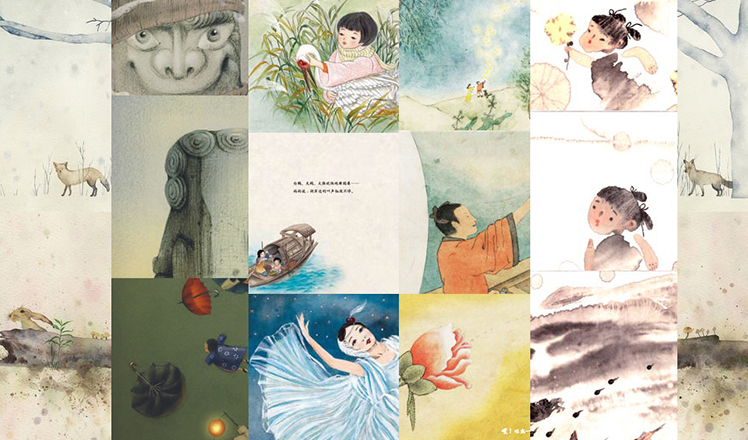
 Picture Chinese stories: 10 illustration books you can't miss
Picture Chinese stories: 10 illustration books you can't miss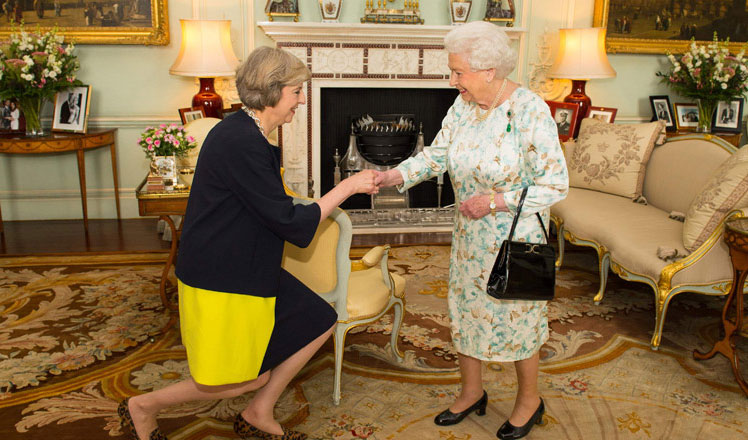
 Theresa May: New Iron Lady in Downing Street
Theresa May: New Iron Lady in Downing Street
 Large amount of sea grass besieges Qingdao
Large amount of sea grass besieges Qingdao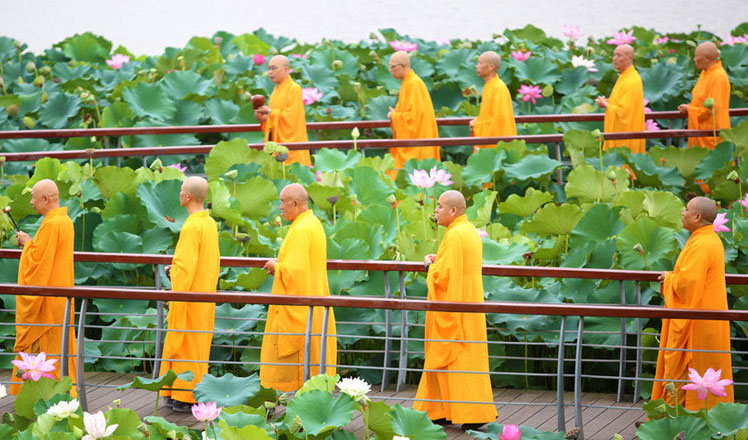
 Monks seek tranquility inside lotus ponds
Monks seek tranquility inside lotus ponds
Most Viewed
Editor's Picks

|

|

|

|

|

|
Today's Top News
Ministry slams US-Korean THAAD deployment
Two police officers shot at protest in Dallas
Abe's blame game reveals his policies failing to get results
Ending wildlife trafficking must be policy priority in Asia
Effects of supply-side reform take time to be seen
Chinese State Councilor Yang Jiechi to meet Kerry
Chinese stocks surge on back of MSCI rumors
Liang avoids jail in shooting death
US Weekly

|

|







